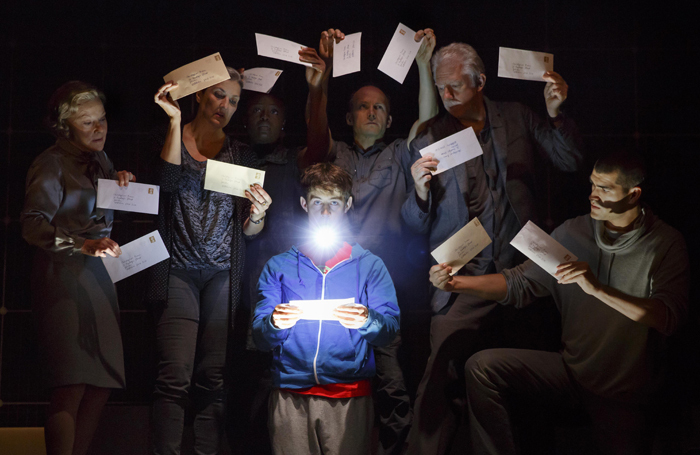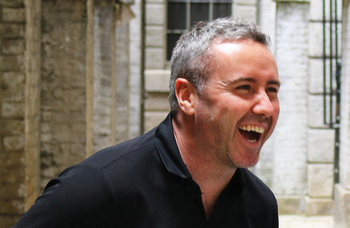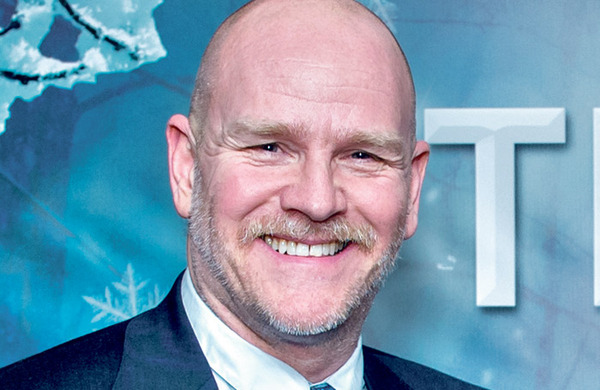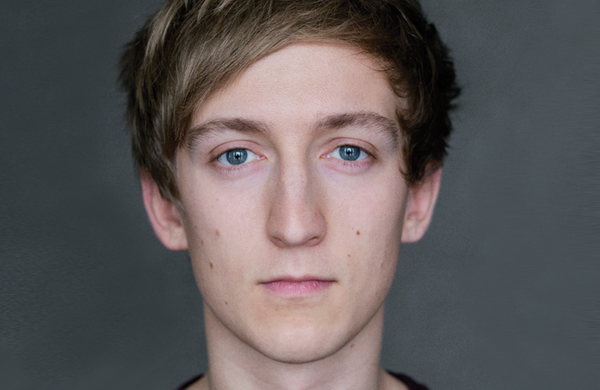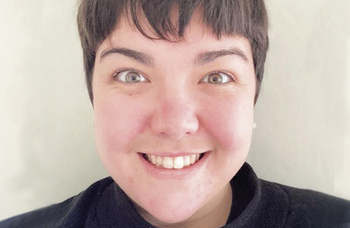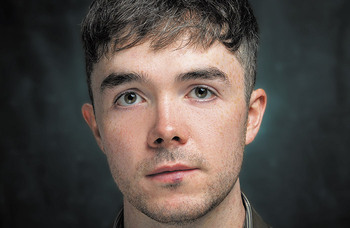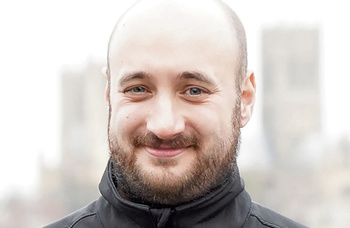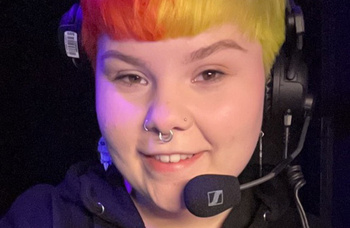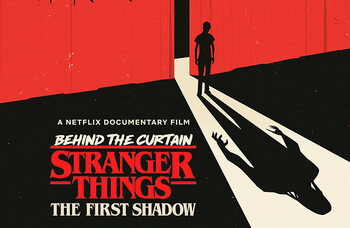Susan Elkin: Alex Sharp's rocky road to the stage should give young actors hope
Alex Sharp’s recent Tony award for The Curious Incident of the Dog in the Night-Time should bring hope to the heart of everyone who wants to be an actor, but is facing apparently unassailable barriers.
Devon-born Sharp, 26, was turned down by several UK drama schools when he left school. So he set off round Europe and the US, working as a painter and decorator. Then a friend mentioned The Juilliard School and he applied because, he told one interviewer, it was cheaper than Yale. He was offered a place and graduated last year.
Previous training and experience can get in the way
The assessment of potential is an inexact science. At every drama school I’ve ever visited staff have told me it’s what they’re looking for. Previous training and experience doesn’t matter much. In fact, it can get in the way. Potential, hard to define, usually shines through unmissably. That’s why most of the people who later go on to be successful actors are, at the beginning, often offered several places and have to choose. Their potential is evident. Everyone wants him or her.
On the other hand, as in Sharp’s case, sometimes the potential is definitely there, as later events prove, but it gets missed. It’s a bit like all those publishers who, we’re told, rejected Harry Potter. They failed to see in JK Rowling’s writing what Bloomsbury eventually spotted.
Or maybe Sharp just wasn’t ready when he applied to British drama schools, but had matured enough for the potential to show by the time he applied to Juilliard.
Either way, there are lessons here for everyone training, wanting to train or working in performing arts training.
Firstly, however many rejections you get, don’t despair or finally give up hope. Secondly, there may be a lot to be said for going away and doing something else for a bit and then trying again later. Thirdly, no two schools are the same. It can be a question of persevering until you find the right school for you, even it’s abroad. Fourth, be flexible and go where life takes you. Sharp expected to be out of work for a decade and auditioned for Curious Incident only on a whim when a persuasive friend drew his attention to it.
It’s a phenomenal achievement by any standards to see off Bill Nighy, Bradley Cooper, Steven Boyer and Ben Miles for a Tony award for best actor at any stage of your career, let alone in your first acting job.
Warmest congratulations to Sharp and chin up to everyone currently seeking a place at drama school.
Limitations of the student showcase
I recently went to RADA to talk to its director, Edward Kemp, and a full account of my interview with him is due in The Stage next month.
As a showcase regular – a bit of a veteran, actually – I was particularly interested in what Kemp had to say about these rather tense, formulaic events. Apparently, the drama school showcase as we know it, typically a bitty thing of monologues and duologues, was born about 20 years ago at RADA, where they call it ‘The Tree’ after its founder, Herbert Beerbohm Tree.
Kemp believes that the showcase concept is now rather old-fashioned and no longer fit for purpose – which is of course something that I, and more recently my colleague Thomas Hescott, have been arguing for some time now.
Students simply cannot show what they’re capable of in this very limited format. And there are anyway now far too many showcases from different courses at different schools for any agent or casting director to get to all, or even most, of them.
And I have to say that I’ve noticed thinning professional attendance at showcases in the past couple of years. Is that partly because the profession is beginning to think showcases have outlived their usefulness too? I hope, really hope, that the agents and so on who aren’t at showcases are attending drama school shows (such as the excellent The Rover which I caught at RADA a couple of days after my chat with Kemp) instead.
Kemp and his colleagues are beginning to look at ways of changing or replacing the showcase within the next two years. Technology will probably come into it because, even for ‘local’ shows in London, some of Kemp’s graduating students are now asked to audition initially by live taping. Something of that sort might work in lieu of a showcase perhaps. Ideas are on the table.
Since RADA led the showcase trend in the first place, I predict that where it leads others will now follow gradually. That means that we shall see new, possibly innovative, ways of presenting graduates to the industry in most schools in the not too far distant future.
And I think that’s probably good news.
Opinion
Recommended for you
Advice
Recommended for you
Most Read
Across The Stage this weekYour subscription helps ensure our journalism can continue
Invest in The Stage today with a subscription starting at just £7.99
 Susan Elkin
Susan Elkin